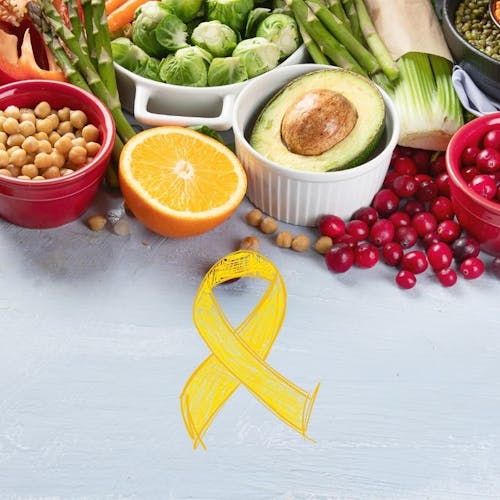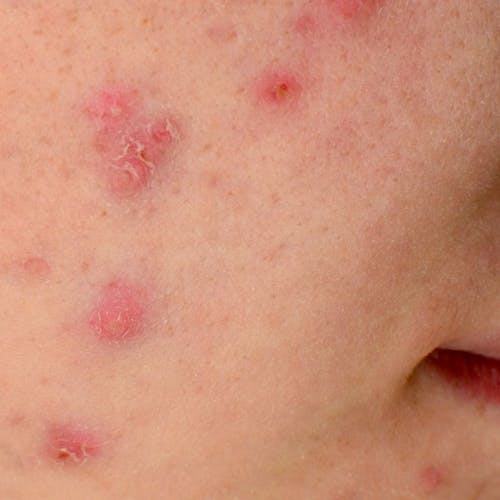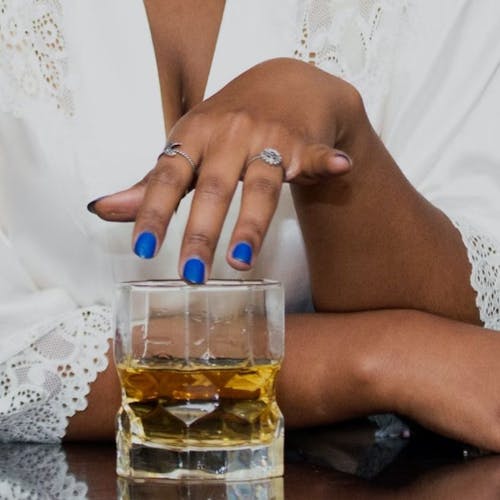This website uses cookies to enhance the user experience. By using Yoppie you are agreeing to our use of cookies.
Endometriosis & Alcohol: The Stealthy Symptom Aggravator
Written by Yoppie
24 Jan 2022
Can I drink with endometriosis?
But why does alcohol affect endo symptoms?
Can alcohol cause endometriosis?
Can it affect my fertility?
How do I know if alcohol is the problem?
How can I manage my endo symptoms and still enjoy a drink?
On top of all the other things endo stops us doing, now it’s here to ruin our Friday night glass of Chardonnay?! Before you swear off the booze altogether, let’s take a closer look at the relationship between endometriosis and alcohol. Whether you take a drink occasionally, regularly or often, we’re sharing everything you need to know about how it affects your endo symptoms, and what to do about it.
Can I drink with endometriosis?
You can drink even if you suffer from endometriosis, but it could be affecting your symptoms, so - depending on how bad you experience those symptoms - it may not seem worth it to you. Understanding how your body works and how different substances could affect it is key in keeping your symptoms under control.
But why does alcohol affect endo symptoms?
You may notice your endometriosis symptoms get worse nearer your period, with symptoms including pelvic pain and cramping, bloating, pain during sex or when going to the bathroom, lower back pain, heavy or irregular periods, fatigue, diarrhoea or constipation, and more.
Anything that affects your hormone regulation (your estrogen balance, specifically) such as consuming too much of the foods and drinks that promote inflammation, can make endometriosis symptoms worse for some. This includes things like caffeine, red meat, saturated fats, too much gluten, and of course our old friend alcohol! Alcohol can raise your estrogen levels, and since this is the hormone responsible for thickening the lining of the uterus during your cycle, raising levels of estrogen can mean a whole lot more pain or discomfort for those with endometriosis.
Alcohol is also known to increase your insulin resistance, which means your pancreas may have to make more insulin than usual for your cells. This process can create inflammation - again, not your friend if you have endo!
Can alcohol cause endometriosis?
The jury’s out on this one. There seems to be some evidence to suggest that those who drink alcohol on a regular basis may be more at risk of getting endometriosis, but the study states that more research needs to be done to “clarify whether alcohol consumption may exacerbate an existing disease or could be related to the severity of the disease”. So there remains a question mark over whether it’s the cause of endo or just the catalyst for symptoms kicking off worse.
Can it affect my fertility?
One study found that there appears to be an increase in fertility issues in those who suffer from endometriosis and are considered ‘heavier drinkers’, while still being on the moderate end of the scale. However, another study looked at “alcoholic beverage intake in relation to ovulatory disorder infertility” and stated that their findings didn’t support the hypothesis, so there is a mixed bag on this. Ultimately, there seems to be some evidence to show that reducing or removing alcohol could improve fertility, but it is unclear by how much.
How do I know if alcohol is the problem?
As endometriosis symptoms can be exacerbated by many different foods, it’s difficult to know if alcohol is in fact the main issue. If you are on a mission to get to the bottom of what’s causing a flare-up in your symptoms, then cutting out certain foods and drinks in stages may help you identify what’s to blame.
If you’re starting with alcohol and monitoring your results it’s best to do this for at least longer than one cycle to see any potential benefits, as endometriosis tends to get worse around menstruation. Start by taking note of your symptoms beforehand and the level of discomfort you are in, then cut out alcohol for around one month, or until a few days after your next period. When this period arrives, take note again to see what - if anything - has changed. If symptoms have improved? Score! It may be worth continuing the experiment for another month to see if the same happens again. If you need more help identifying whether alcohol is the cause, speak to your GP before cutting it out so they can help you monitor results.
How can I manage my endo symptoms and still enjoy a drink?
If going cold turkey on the alcohol doesn’t suit you, enjoying it in moderation may still pose potential benefits rather than quitting it altogether. Try things like switching it up for a less concentrated drink, alternating your drink with a glass of water, avoiding sugary drinks that could also affect your symptoms, and making a rule for yourself to not exceed a certain number of drinks per week.
At the end of the day choosing to cut your alcohol intake is a personal choice, and while there is no rule to say you must do this, you may find trying it helps ease your endo symptoms and improve your quality of life - a massive win!
Do you see a difference in your endometriosis symptoms when drinking alcohol? Chat with others on our Full Stop FB group, or if you have any questions feel free to reach out to us on Instagram at @itsyoppie so we can help answer them for you. Don't forget that our personalised period box can get organic tampons, PMS supplements and much more delivered easily and regularly through your letterbox - now that's worth a glass of wine for one problem solved!
Section jump
Back to top
Subscribe To Our Newsletter
YOPPIE





© 2026 Yoppie is a registered trademark of Phlo Technologies Ltd.
Yoppie's supplements are not a substitute for a varied diet and healthy lifestyle and are not intended to diagnose, treat, or cure any disease. If you are pregnant, breastfeeding, have a medical condition or are under medical supervision, please consult with your doctor before taking any of our products.






